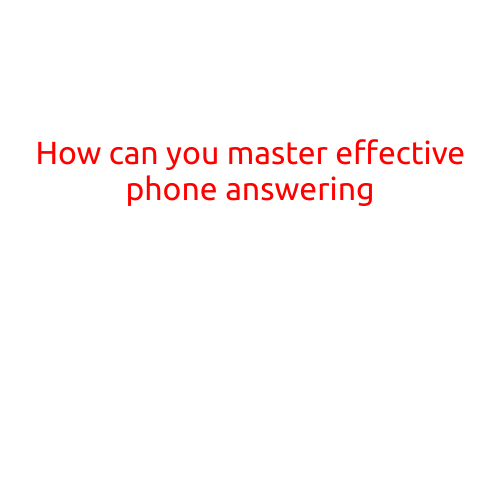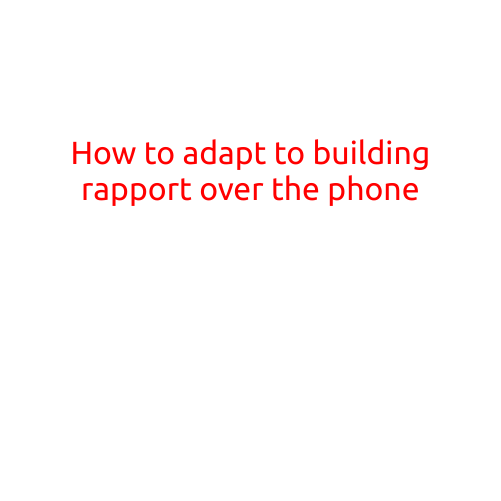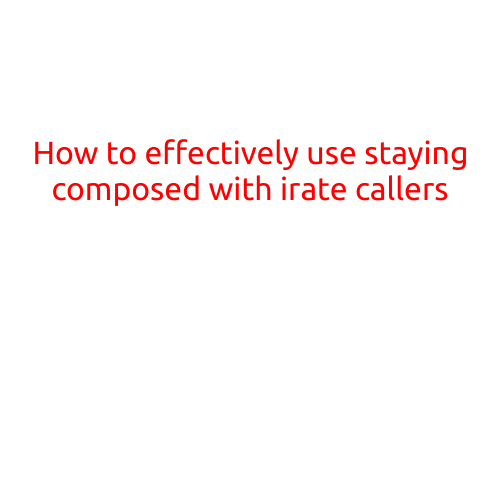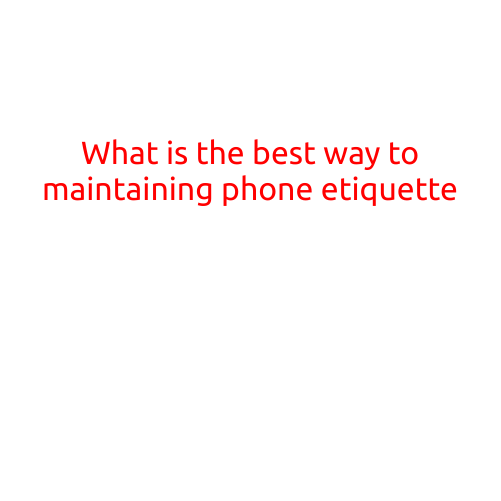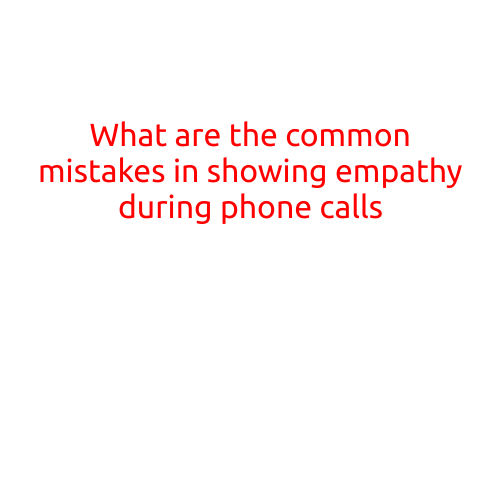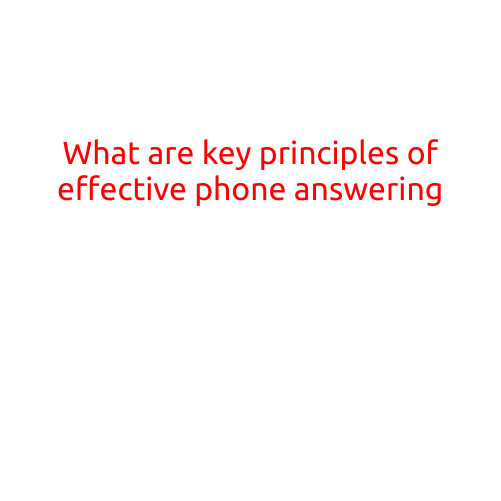
What are the Key Principles of Effective Phone Answering?
Answering phone calls professionally and efficiently is crucial for anyone who handles customer inquiries, whether you’re a business owner, customer service representative, or administrative assistant. Effective phone answering not only sets the tone for a productive and successful conversation but also leaves a lasting impression on the caller. In this article, we’ll explore the key principles of effective phone answering to help you master this vital skill.
1. Answer the Phone Promptly
The first and most critical principle of effective phone answering is to answer the phone promptly. This means answering the call within the first two to three rings, ideally within one ring if possible. A prompt answer sends the message that you value the caller’s time and are ready to assist them.
2. Use a Professional Greeting
When answering the phone, use a professional and friendly greeting that includes your name, the company’s name, and a brief description of your role or department. For example, “Thank you for calling XYZ Corporation, this is John Smith from the customer service department. How can I assist you today?”
3. Be Attentive and Listening
When answering the phone, be fully attentive and focused on the caller. Give the caller your undivided attention, and avoid interrupting or multitasking while speaking with them. Listen carefully to their concerns, questions, or needs, and take note of important details.
4. Use Positive Language
Use positive and friendly language when speaking with callers. Avoid using jargon or technical terms that may confuse them, and instead, use simple and clear language to communicate effectively. A positive and empathetic tone can help diffuse tense situations and create a more pleasant experience for the caller.
5. Handle Calls with Empathy
Effective phone answering requires empathy and understanding. Put yourself in the caller’s shoes and try to understand their frustration, concern, or need. Acknowledge their emotions and offer condolences or support where necessary. This helps build trust and fosters a positive relationship.
6. Take Messages and Follow-up
Not all calls can be answered immediately, and that’s okay. When a caller leaves a message, make sure to return their call as soon as possible. Follow up with them to provide an update or resolution, and ensure that their issue is addressed.
7. Use Technology Effectively
Modern technology has made it easier to handle phone calls efficiently. Use tools like automated attendants, phone systems, and CRM software to your advantage. These tools can help you route calls to the right person, track caller information, and analyze call data to improve your phone answering process.
8. Continuously Improve
Effective phone answering is a skill that requires continuous improvement. Keep track of your phone answering metrics, such as average answer time, call abandonment rate, and first-call resolution rate. Analyze your data and make adjustments to your phone answering process to improve your results.
Conclusion
Effective phone answering is a critical skill for anyone who handles customer inquiries. By following these key principles, you can ensure that your phone calls are answered promptly, professionally, and with empathy. Remember to stay attentive, use positive language, handle calls with empathy, take messages and follow up, use technology effectively, and continuously improve your phone answering process. By mastering these principles, you can deliver exceptional customer service and build strong relationships with your customers.
